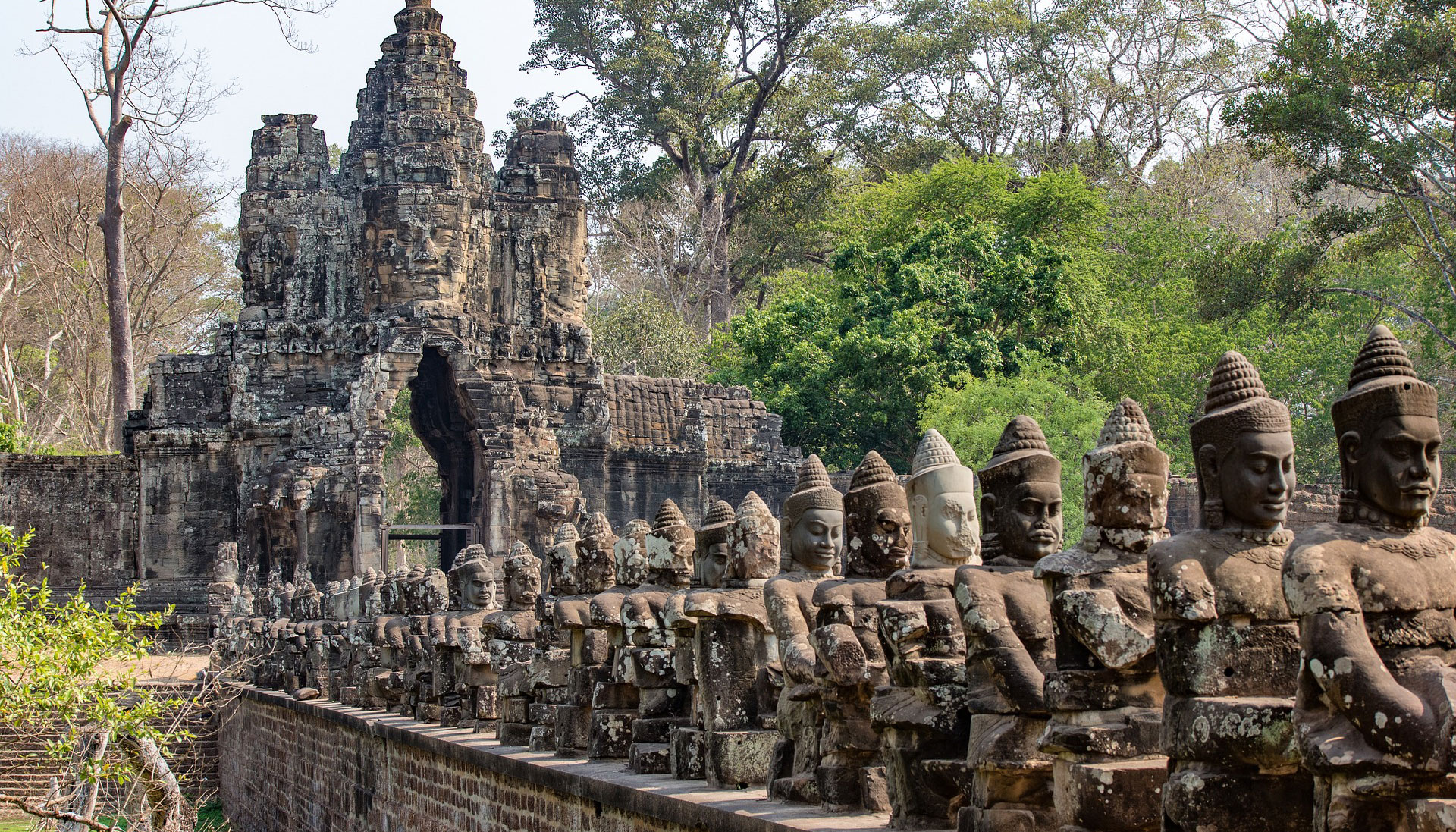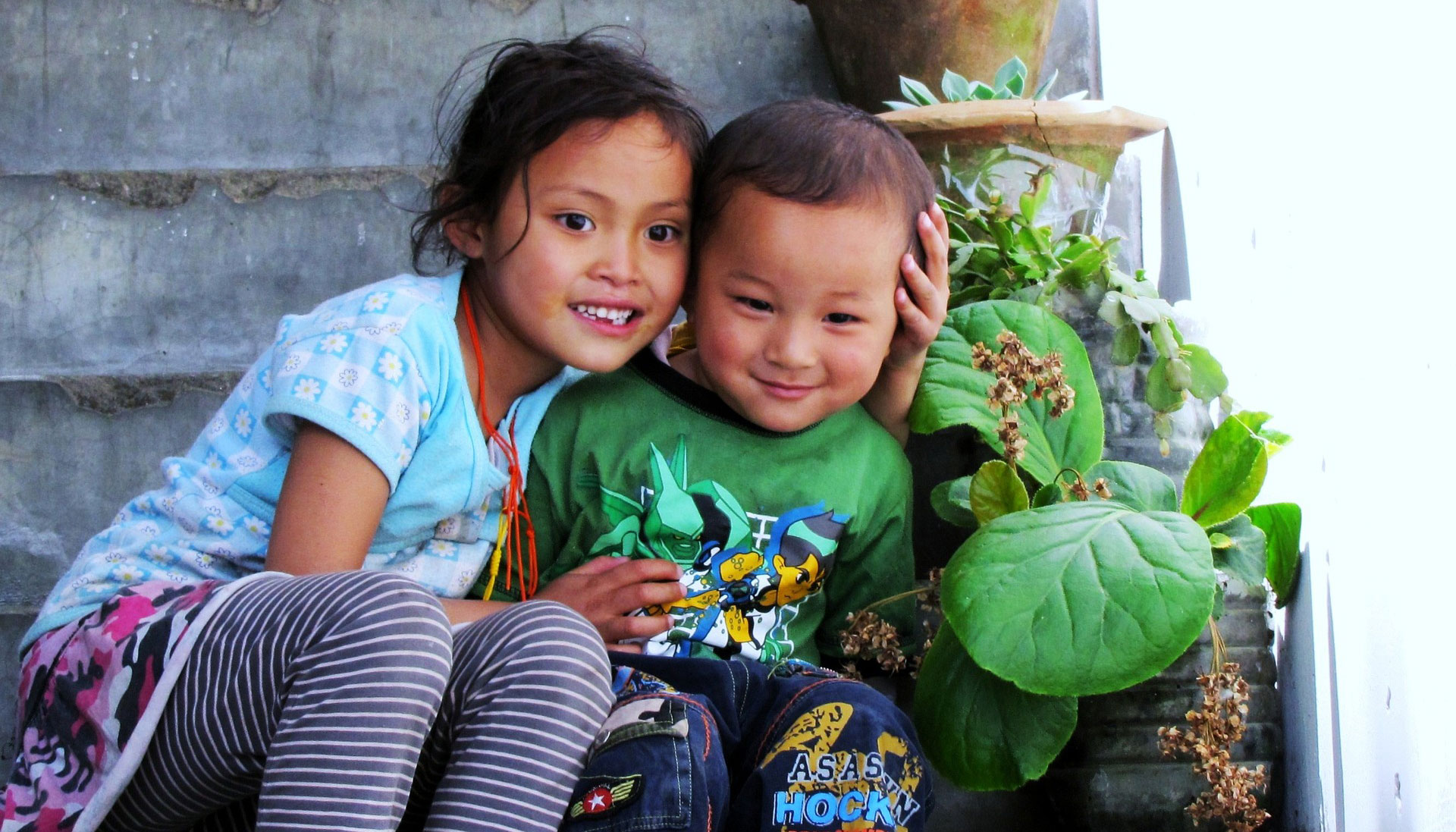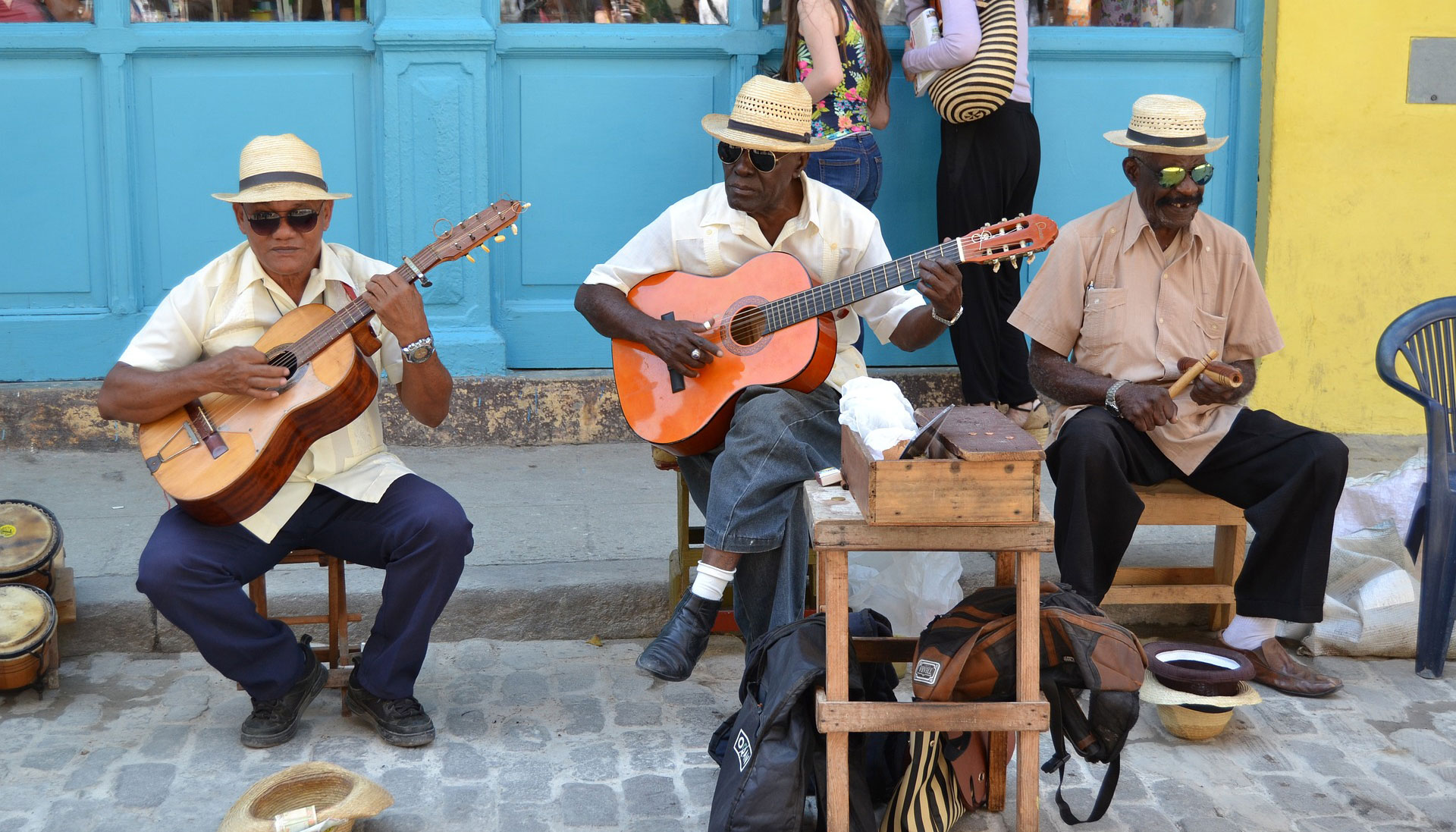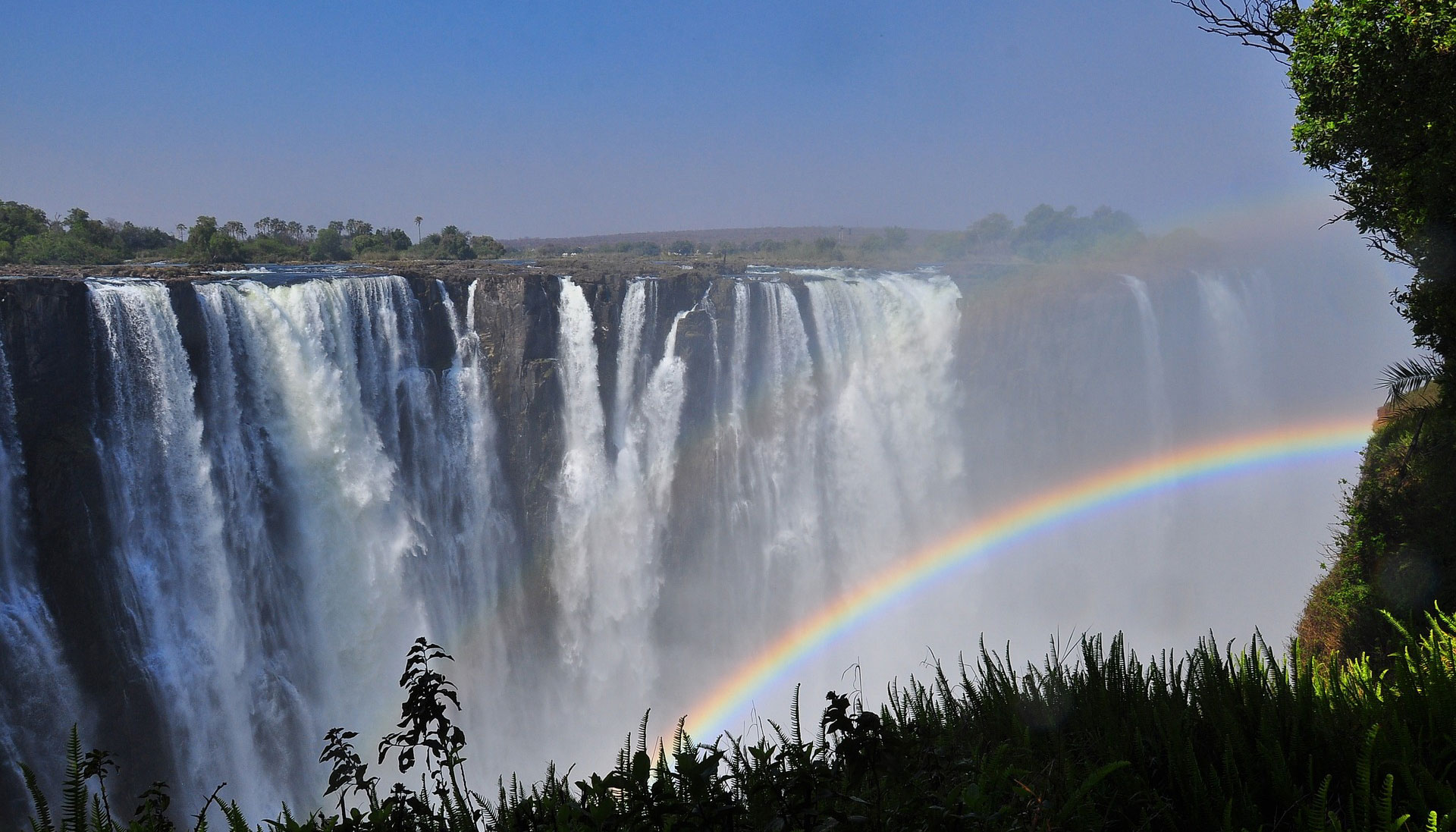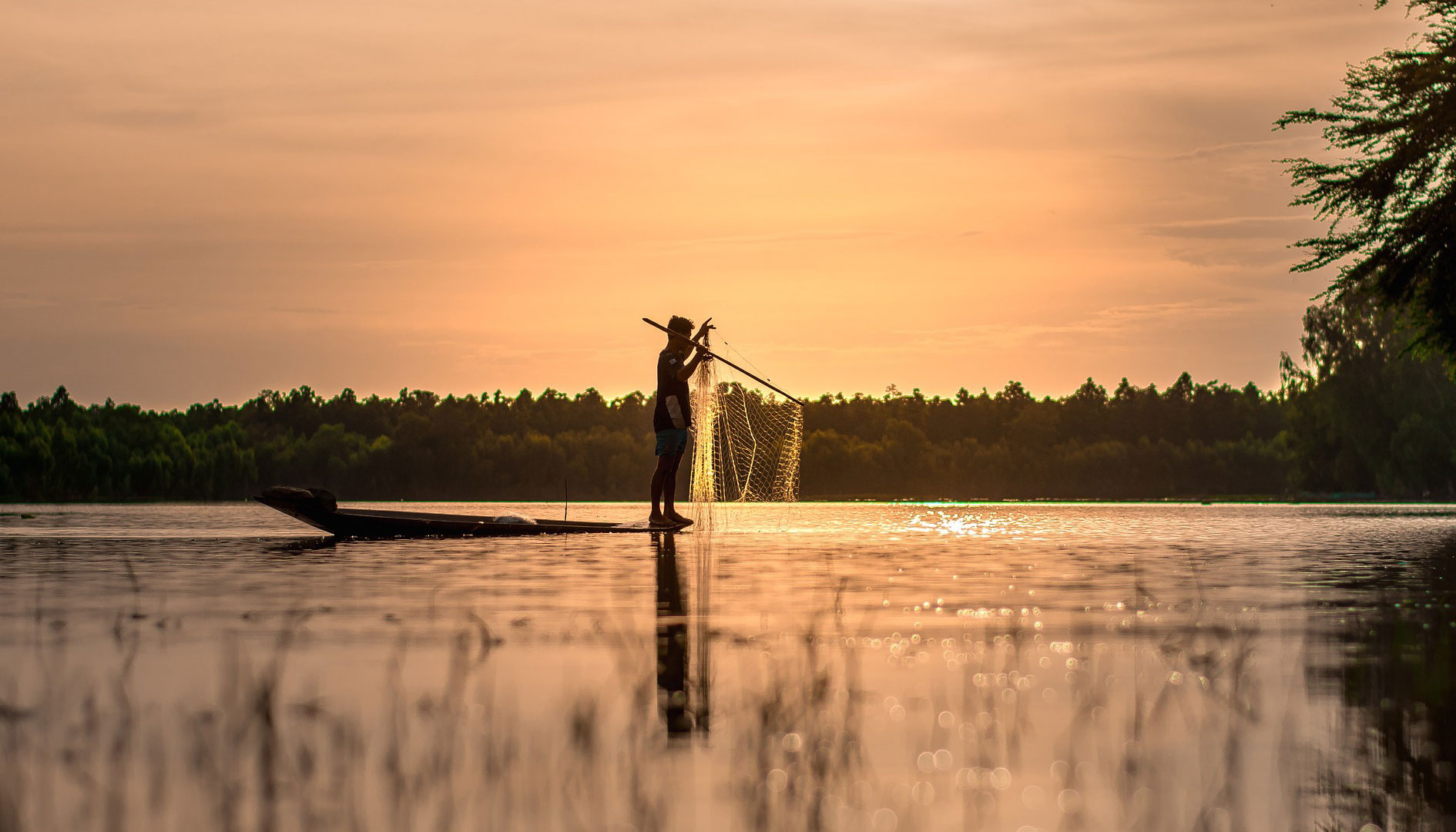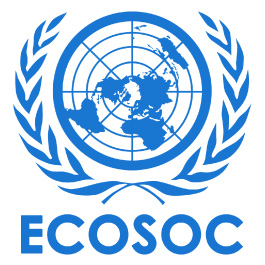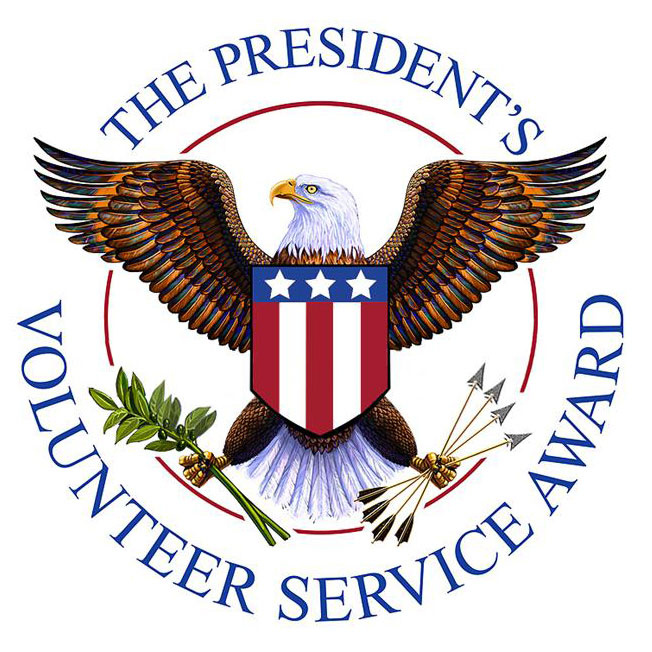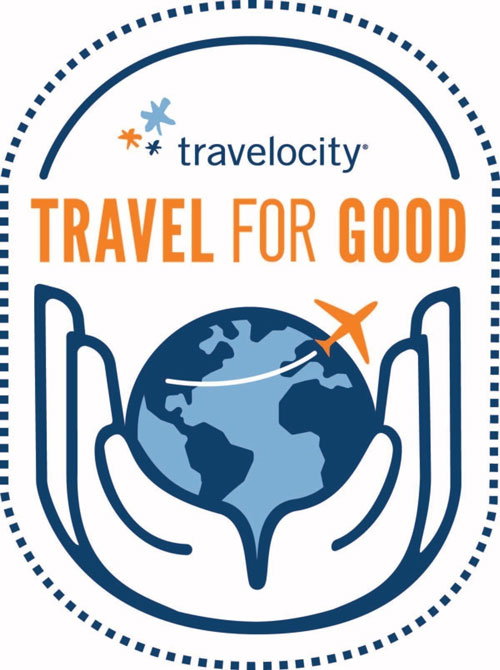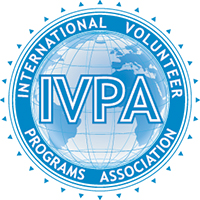

 Volunteers with the group Globe Aware are digging a trench to lay a water pipe in Costa Rica.Sarah McCall / Globe Aware
Volunteers with the group Globe Aware are digging a trench to lay a water pipe in Costa Rica.Sarah McCall / Globe Aware
As the industry grapples with how to make money without compromising the results of the volunteer work, one thing is clear: more and more private citizens are ready to roll up their sleeves and lend a hand. "I was just so sick of just donating a gift at the end of the year," says Yates of his decision to spend a week volunteering in Costa Rica. "I worked my butt off."Getting in touch with your inner Angelina Jolie is easier than it used to be. The so-called voluntourism industry, which sends travelers around the globe for a mix of volunteer work and sightseeing, is generating almost as much praise and criticism as the goodwill ambassador herself. Are volunteer vacations--which have become so mainstream that CheapTickets recently started letting online customers book volunteer activities along with their vacations--merely overpriced guilt trips with an impact as fleeting as the feel-good factor? Or do they offer individuals a real chance to change the world, one summer jaunt at a time?
Voluntourism trips are shorter, more entertaining versions of the kind of international work long sponsored by the likes of church missions and the Peace Corps. During trips that can be as short as a day and usually don't last longer than three weeks, work--which is often physically intensive--is punctuated by excursions to each destination's artistic, historical or recreational highlights. Ambassadors for Children volunteers, for example, who range from teenagers to retirees, pay $2,025 for 11 days in South Africa (airfare and lodging included), spending about a week with children infected with or orphaned by HIV/AIDS. Plus, they get a daylong safari as well as a tour of the Robben Island prison that held Nelson Mandela for 18 years. In Thailand, Globe Aware charges $1,090, not including airfare, for a week split between teaching English to impoverished schoolchildren and visiting floating markets or trekking through temple ruins. These kinds of blended experiences are key to the multifaceted cultural education that tour operators are aiming for. "You don't walk away from the destination only with this snapshot in your mind of 'Oh, my gosh, it's this wretched, horrid poverty,'" says Voluntourism.org founder David Clemmons. "You see there are other sides."One big draw for tourists is the camaraderie. "You're meeting kindred spirits," says Adam Yates, 25, an advertising sales executive in Los Angeles, who in June went horseback riding and hiking in a national park during his Globe Aware trip to clear trails and teach English in Costa Rica. And companies are eager to tap into the growing number of itinerant Samaritans like Yates. With leading market-research firm Euromonitor International touting this niche's growth potential, particularly among single travelers, Voluntourism.org's newsletter now boasts nearly 1,900 trade subscribers, up from a mere 30 in March 2005. Lonely Planet published its first volunteer-travel guidebook in June--which was good timing, considering that a recent Travelocity poll found that almost twice as many vacationers (11%) planned to volunteer this year as in 2006.As Earthwatch and other industry veterans well know, make-a-difference sojourns often attract repeat customers. "It's lifechanging," says Barbara Jenkel, 68, of her 2005 caravan with Relief Riders International through India's Rajasthan Desert. On the 15-day trip, which included a night in a 257-year-old fort, the retiree from Chappaqua, N.Y., helped set up medical camps and distribute books to schools and goats to poor families. She found the experience so inspiring that she's going back in October. Volunteer vacations also channel tourism dollars to places that aren't usually featured in glossy travel brochures and don't have the infrastructure to support three-star, let alone four- or five-star, hotels. For scenic places desperately in need of economic development, "this kind of tourism is an easier sell," says Kristin Lamoureux, director of the International Institute for Tourism Studies at George Washington University.But some critics say transient volunteering is more suited to making participants feel like do-gooders than to doing good. "If you're going to work with children in an orphanage, [how will they] understand what you're trying to do when you don't speak their language and you don't stay long enough to form a relationship?" asks Tricia Barnett, director of Tourism Concern, an industry watchdog based in the U.K. "What does it mean to the child?"Sally Brown, founder of Ambassadors for Children, counters that every bit helps. "If a kid can be held for a couple of days," she says, "you're able to make a small difference." Other tour operators stress that voluntourism really does have lasting impact because, despite rapid turnover among individual volunteers, trip organizers develop long-term relationships with community partners. On one of her first group trips to El Salvador in 2001, explains Nancy Rivard, who founded Airline Ambassadors to expand on relief work she began as a flight attendant for American Airlines, volunteers helped 150 families acquire land and rebuild homes devastated by earthquakes. They were scheduled to open a vocational-training center near those homes during the last week of July and stock it with sewing machines carried to hilly El Salvador in volunteers' suitcases. "We're creating a way to empower local people," Rivard says.Sarah McCall, a Peace Corps veteran who since March has led six Globe Aware trips in Costa Rica and Peru, recalls how her groups constructed mud-and-brick stoves for 24 Peruvian families in San Pedro de Casta to save fuel and keep harmful smoke out of adobe homes. The project was the brainchild of municipal officials. "We never go in and say that we had this idea, and we want to do this," McCall explains. Instead, she and other leaders check in with the locals to see what the community needs, then dispatch volunteers to do the legwork. Voluntourism supporters are quick to point out indirect benefits too. "Americans don't have the best reputation in the world right now," says Doug Cutchins, director of social commitment at Grinnell College and co-author of Volunteer Vacations: Short-Term Adventures That Will Benefit You and Others. "For Americans to get out and represent a different side of America ... I think that has a tremendously positive benefit."
But critics like Barnett warn that ill-prepared or poorly directed volunteers can produce more harm than good. Voluntourists have gone to her complaining about groups that repeated projects already finished by earlier crews or did work considered at odds with the local people's desires. With new companies entering a sector that is still largely unregulated, tour operators sometimes take advantage of even the best-intentioned volunteers, Barnett explains. "It's a new form of colonialism, really," she says. "The market is geared toward profit rather than the needs of the communities." Tourism Concern is developing a code of ethical conduct for the international volunteering sector and is gathering information from volunteers, tour companies and the communities they work in. Barnett plans to begin auditing U.K. firms but knows of no such initiatives in the U.S.
As the industry grapples with how to make money without compromising the results of the volunteer work, one thing is clear: more and more private citizens are ready to roll up their sleeves and lend a hand. "I was just so sick of just donating a gift at the end of the year," says Yates of his decision to spend a week volunteering in Costa Rica. "I worked my butt off."
